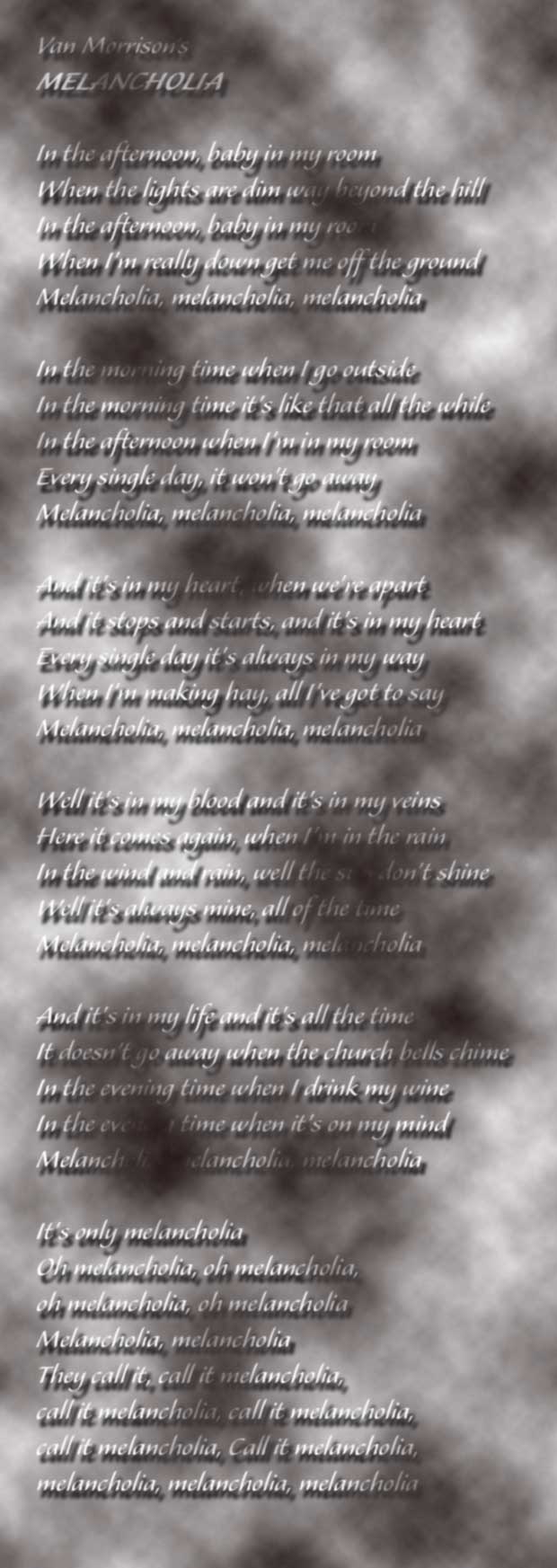Sebald’s Rings Around Saturn ends with a fascinating, if frightening, image and ties together one of the central themes of the story:
If today, when our gaze is no longer able to penetrate the pale reflected glow over the city and its environs, we think back to the eighteenth century, it hardly seems possible that even then, before the Industrial Age, a great number of people, at least in some places, spent their lives with their wretched bodies strapped to looms made of wooden frames and rails, hung with weights, and reminiscent of instruments of torture or cages. It was a peculiar symbiosis which, perhaps because of its relatively primitive character, makes more apparent than any later form of factory work that we are able to maintain ourselves on this earth only by being harnessed to the machines we have invented. That weavers in particular, together with scholars and writers with whom they had much in common, tended to suffer from melancholy and all the evils associated with it, is understandable given the nature of their work, which forced them to sit bent over, day after day, straining to keep their eye on the complex patterns they created. It is difficult to imagine the depths of despair into which those can be driven who, even after the end of the working day, are engrossed in their intricate designs and who are pursued, into their dreams, by the feeling that they have got hold of the wrong thread.
It’s scary that workers in the Industrial Age are chained to machines they thought would free them from the hardships of the past. It may be even scarier that those not directly chained to the machinery, those who merely contemplate the effects of such machines, can be caught in the same web of melancholy and despair, haunted by the realization that our industrial age might not be a solution to our problems, but yet another cause.
Why do scholars and writers suffering from such melancholy continue to write? Why can’t they free themselves from the bonds of such obsession?
For days and weeks on end one racks one’s brains to no avail, and, if asked, one could not say whether one goes on writing purely out of habit, or a craving for admiration, or because one knows not how to do anything other, or out of sheer wonderment, despair or outrage, any more than one could say whether writing renders one more perceptive or more insane. Perhaps we all lose our sense of reality to the precise degree to which we are engrossed in our own work, and perhaps that is why we see in the increasing complexity of our mental constructs a means for greater understanding, even while intuitively we know that we shall never be able to fathom the imponderables that govern our course through life.
While I’m sure neither you nor I dear blogger writes out of mere habit or merely to gain the attention of each other, I do know that as I examine an issue it seems to become more and more complex until I realize I it’s impossible to fully understand its causes.
Perhaps, as Sebald suggests, we write about the past because we have to:
But the fact is that writing is the only way in which I am able to cope with the memories which overwhelm me so frequently and so unexpectedly. If they remained locked away, they would become heavier and heavier as time went on, so that in the end I would succumb under their mounting weight. Memories lie slumbering within us for months and years, quietly proliferating, until they are woken by some trifle and in
some strange way blind us to life. How often this has caused me to feel that my memories, and the labours expended in writing them down are all part of the same humiliating and, at bottom, contemptible business! And yet, what would we be without memory? We would not be capable of ordering even the simplest thoughts, the most sensitive heart would lose the ability to show affection, our existence would be a mere never-ending chain of meaningless moments, and there would not be the faintest trace of a past. How wretched this life of ours is! – so full of false conceits, so futile, that it is little more than the shadow of the chimeras loosed by memory. My sense of estrangement is becoming more and more dreadful.
Though most of us don’t want to confront our own failings, failure to do so can only lead to more failure. Our nation wanted to forget Vietnam and what happened there rather than truly analyzing and learning from it, and look where that’s gotten us: with the same good-old-boys back in power once again promising to make the world safe for democracy while they make it less safe. It’s easier to blame bosses if you get fired than to confront your own failings, but that’s not going to help you keep the next job you get.
Many people have questioned my love of Thomas Hardy’s novels and modern literature in general. There’s no denying that the ending of Jude the Obscure is depressing, but understanding the social forces that trapped Jude and destroyed his life gave me perspective on my own life and helped me to avoid the same pitfalls. I’m convinced that my exposure to depressing existentialist literature prepared me, as much as one can ever be prepared, for my experiences in Vietnam and helped me to cope with them.


